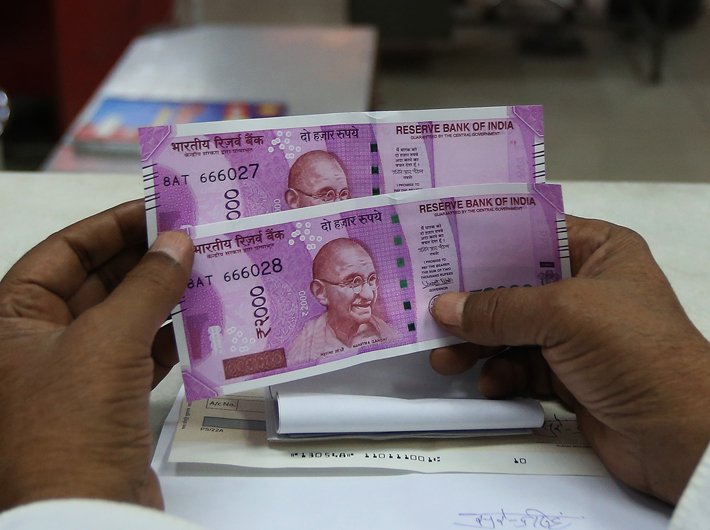An exclusive reliance on Aadhaar-linked welfare payments is short-sighted, observes Carnegie analyst
Instituting Universal Basic Income (UBI) requires public support spanning demographic lines, executive backing, and strong macroeconomic fundamentals. Weaken any leg of this tripod, and the redistributive preferences of any government may shift in favour of traditional welfare support and focusing on economic growth. And even if an experiment were to yield spectacular results, the financing question is the key, said a Carnegie India analyst.
Saksham Khosla writes that if practicalities dictate that India’s tenuous social protection framework be sacrificed at the altar of a basic income, then it would turn quickly from manna from heaven to actively undermining the Indian social contract.
None of the objections form “an insurmountable obstacle toward one day implementing a clean, well-designed UBI that simultaneously empowers Indian citizens and strengthens the Indian state. Some of them may even lose their edge if India can fill the evidence gap around such policies and build administrative muscle by recasting its systems of public financial management and tax collection, with accompanying reforms to boost digital payments and financial inclusion”, said the report titled India’s Universal Basic Income: Bedeviled by the Details.
The idea of a universal basic income (UBI)—periodic and unconditional cash payments to all citizens—has gained renewed attention amid growing concerns about technological unemployment in advanced economies. More recently, economists have made the case for a UBI in the developing world, where cash transfers distributed to all citizens, rich and poor, may cut through layers of red tape and lead to outsize gains in poverty reduction.
He said that in India, a rapid expansion of direct cash transfers linked to the national biometric database and small basic income experiments have galvanized an extensive debate on a UBI. Supporters claim that no-strings-attached payments will be an effective antidote to India’s underperforming antipoverty programs and leaky, distortionary subsidies. Critics worry that they will undermine an-already-fragile social security architecture, cause workers to drop out of the labour force, and encourage wasteful spending.
Read | Universal Basic Income: The big idea takes tiny steps
Finance ministry’s 2016–17 Economic Survey provides the most exhaustive treatment thus far of implementing an Indian UBI. It finds that India’s largest welfare schemes are poorly targeted; in comparison, it argues that a UBI distributed directly into bank accounts will limit pilferage, be easier to administer, and prove a more effective antipoverty intervention.
The Carnegie report goes on to say that the proposed transfer is less an income and more an income supplement. The Tendulkar line has been criticized for being too conservative an estimate of consumption and expenditure. The Economic Survey’s calculations incorporate neither the loss of consumption from withdrawing major existing welfare programs to finance a UBI, nor the transaction and transition costs of moving to a welfare system dominated by cash transfers. Taking these factors into account is likely to result in an upward revision of the transfer amount and associated fiscal burden.
The survey is unjustified in presenting India’s largest welfare schemes as candidates for replacement. Several such programs are intended to achieve long-term development goals and cannot be simply substituted by cash transfers. In addition, India’s national food distribution and public works programs, which the survey singles out for their high levels of misallocation and leakage, have improved significantly over the past decade in terms of their coverage and targeting efficiency.
By discarding universal coverage, the survey leaves the door open for inefficient means-testing. Targeting performance can vary quite widely, and any savings generated thus can be offset by high administrative, private, social, and political costs. If targeting must be instituted, universal transfers among clearly defined vulnerable groups offer a tentative answer to this dilemma.
“An exclusive reliance on Aadhaar-linked welfare payments is short-sighted. Pilot evaluations of direct benefit transfers have found significant room for improvement in last-mile delivery, the size of the subsidy, and grievance redressal, even as authentication failures and exclusion errors due to Aadhaar persist. Significant progress remains to be made before large-scale Aadhaar-linked transfers can be trusted to reach recipients,” writes Khosla.
